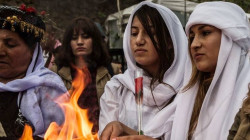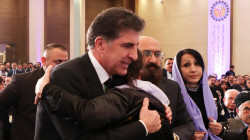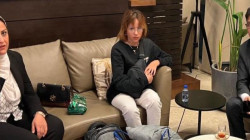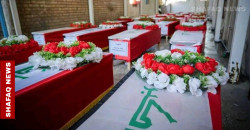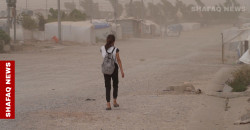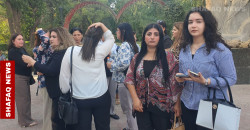Gaza denies Israeli claims about Yazidi woman's situation in the Strip
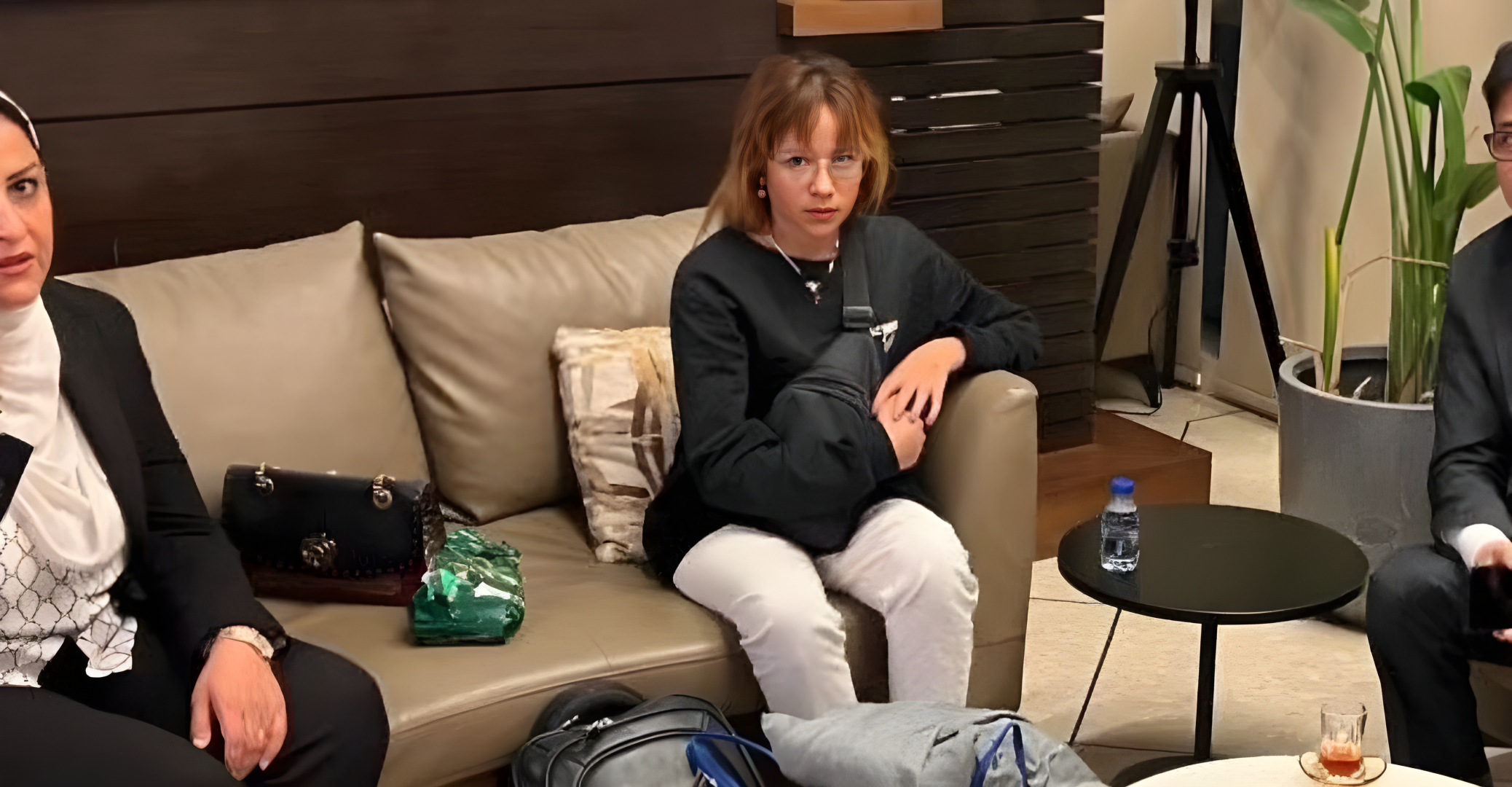
Shafaq News/ On Friday, the Government Media Office in Gaza issued a statement addressing the situation of a Yazidi woman in the Gaza Strip, refuting what it called "false narratives" spread by Israel.
According to the statement, the woman had married a Palestinian man from Khan Yunis, who was fighting with opposition forces in Syria. After his death, she voluntarily traveled with his mother to Turkiye, entering legally, before moving to Egypt and eventually settling in Gaza with her late husband’s mother.
The woman later married her deceased husband’s brother and lived with him for several years before he too was killed in an Israeli airstrike. Following his death, she approached the Palestinian government seeking safety, and the authorities provided her with secure accommodations in a government facility in southern Gaza.
The statement emphasized that the woman, now in her mid-20s, had expressed concerns for her safety due to the intense Israeli bombardment and had requested evacuation after her husband’s death. The Palestinian authorities facilitated her communication with her family, who coordinated with the Jordanian government to arrange her exit through Israel's Kerem Shalom crossing.
The statement firmly denied Israeli claims that the woman had been "liberated," pointing out that she had legally traveled through multiple international airports and border crossings before arriving in Gaza. The Government Media Office criticized Israel for spreading false information, stressing that the woman’s departure was facilitated with full knowledge of her late husband’s family and the Palestinian government.
Yesterday, Yazidi survivor Fawzia Amin Sido, who was kidnapped by ISIS in 2014 during their invasion of Sinjar, has been reunited with her family in the Qahataniya area of Sinjar.
Fawzia was freed by US forces in Gaza, Palestine, and later handed over to the Iraqi embassy in Jordan through coordination with the US embassy, according to her brother, Firas Amin, who spoke to Shafaq News Agency.
Afterward, the Iraqi Ministry of Foreign Affairs facilitated her return to Iraq and reunited her with her family in Sinjar.
The Ministry confirmed her rescue, stating that “it was the result of joint efforts involving the Foreign Ministry, the National Intelligence Service, and coordination with US embassies in Baghdad and Amman, as well as Jordanian authorities. The rescue operation followed more than four months of careful planning and coordination.”
Fawzia had been trafficked through several countries before her release, with the direct oversight of Iraq’s Foreign Minister and the involved agencies.
The Yazidis, a long-persecuted group whose faith is rooted in Zoroastrianism, are still recovering from ISIS’s 2014 onslaught on their community in Iraq’s Sinjar district.
Nearly 10,000 people were killed or kidnapped within days, according to a 2017 study by PLOS Medicine. Some villages in Sinjar remain mass graveyards yet to be exhumed, and more than 2,800 women and children are still missing.
A decade later, survivors are still grappling with trauma. Sinjar largely remains in ruins, with the Iraqi government and the Kurdistan Region of Iraq vying for control over the area.
Yazidis are deprived of political agency and unable to practice their religion. Few have received reparations or compensation.
More than 200,000 Yazidis remain displaced, scattered in camps in the Kurdistan region and disputed areas of northern Iraq.
